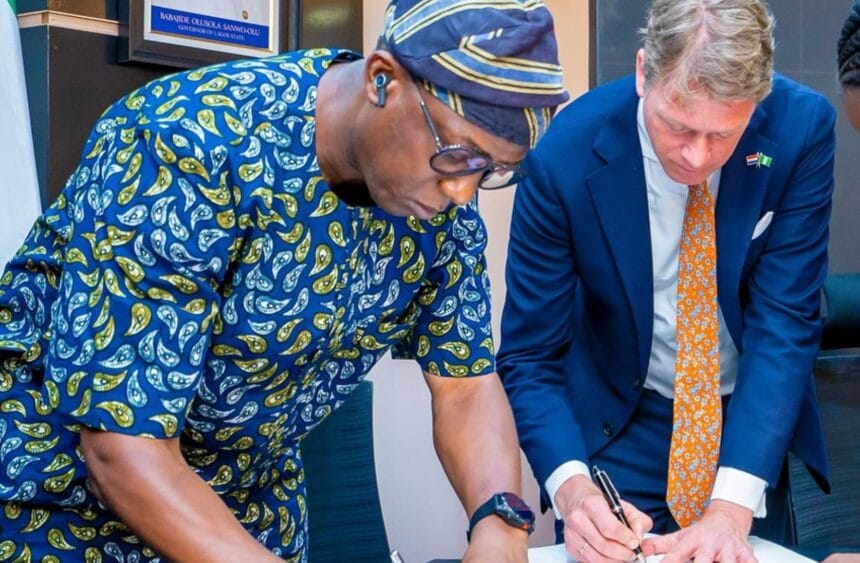Oredola Adeola
In alignment with the Lagos State Government’s goal of transforming waste in major dumpsites across the state into valuable resources and advancing sustainability, the government of the Netherlands, through the Dutch company Harvest Waste Consortium, has committed €120 million to support the initiative.
Tokunbo Wahab, Lagos State Commissioner for Environment and Water Resources, made this known during a recent executive couch interview with Nairametrics.
Advisors Reports confirm that four months ago, the Lagos State Government signed an MOU with Harvest Waste Consortium to implement a waste treatment solution to convert nearly 3,000 tonnes of waste daily into 60 to 75 MW of electricity annually.
According to him, the Lagos State Government is decommissioning several landfills to make space for new waste management projects with foreign private companies, including the Jospong Group and Closing the Loop.
He emphasised that major dumpsites, such as Olusosun and Solous 1, 2, and 3, are in advanced stages of decommissioning, with new landfills being provided to support these projects.
Wahab said, “Once these partnerships are fully operational, the government expects only 3% to 4% of the waste generated in Lagos to end up in landfills, in line with the state’s goal of turning waste into valuable resources and promoting sustainability.
The Commissioner further stated that Harvest Waste will be processing 2,500 to 3,000 tons daily from the 13,000 to 14,000 tons of waste generated in Lagos by converting a portion of Lagos’ waste into electricity.
Wahab stated that Harvest Waste has completed the feasibility studies for the project and has assured the Lagos State Government of its full commitment to making the venture a success.
Wahab further disclosed that the Lagos State Government is actively decommissioning several landfills to make space for new waste management projects with foreign private companies, including the Jospong Group and Closing the Loop.
The Jospong Group, an Accra-based waste-to-wealth company, is focused on processing waste collected by PSP operators into valuable products like compost fertilizers and recycled plastic bins. He mentioned that all meetings have been held, and the numbers are promising.
The equipment has been commissioned, and operations are expected to begin in six to seven months. The company has already set up an office in Alausa, Lagos, employing Nigerians to manage operations.
The commissioner also highlighted the partnership with Closing the Loop, a Dutch company, which will manage electronic waste in Lagos. Wahab revealed that Closing the Loop plans to establish a local facility to process electronic waste, reducing the need for exportation and repurposing materials within the state.




